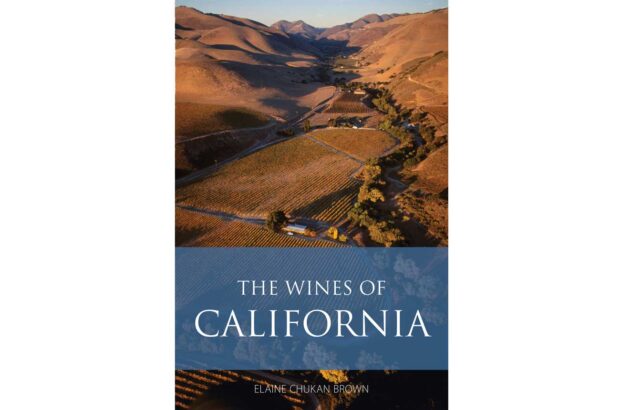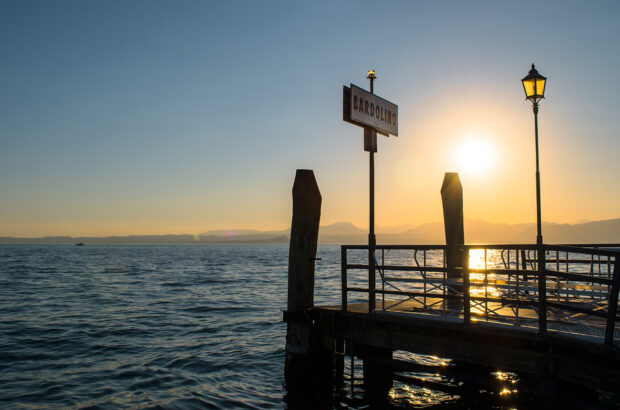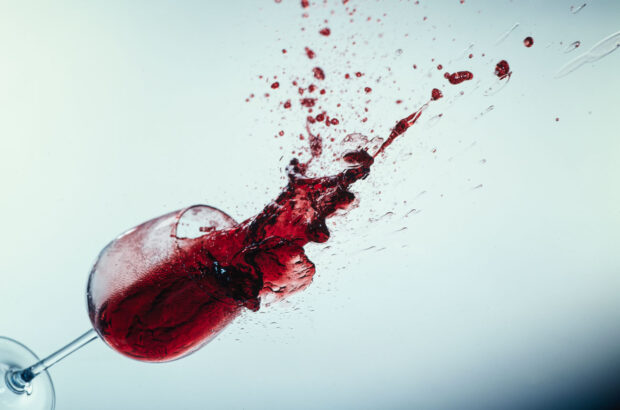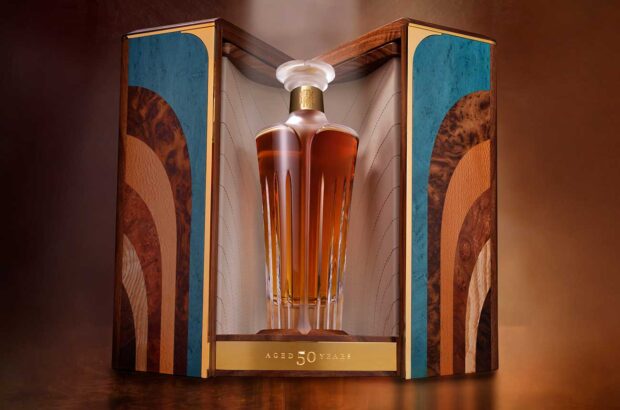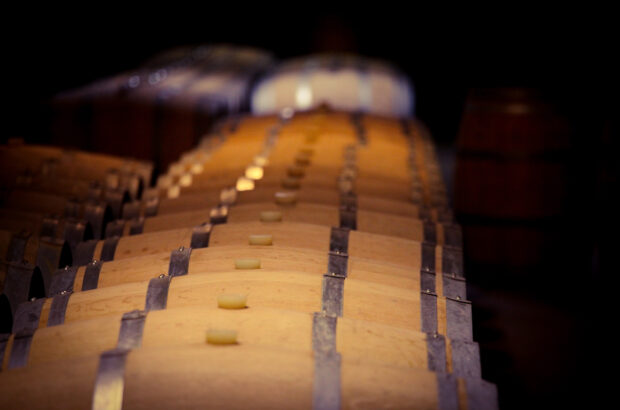Champagne and music have always gone hand-in-hand for Olivier Krug, the sixth generation to represent the family house that is now owned by luxury goods group LVMH.
‘My great-grandfather had a salon de musique in the 1920s and 1930s,’ Krug says in an interview via Zoom. ‘When I joined [the business], my dad explained Krug to me using musical analogies. He said his role was the conductor.’
Anyone who has attended a Krug masterclass will probably be familiar with the orchestra metaphor commonly used to describe the intricate blending of hundreds of base wines from prized vineyard plots to create Krug’s Grande Cuvée.
The newly launched 168th edition contains 198 different wines from 11 different vintages, majoring on 2012 but encompassing 10 other years back to 1996, for example. ‘Quite a feat of composition,’ as Simon Field MW notes in his Decanter review.
The house has taken the analogy further in recent years by launching Krug Echoes.
It’s a project designed to translate specific Champagnes into pieces of music, and which has also seen Krug create a ‘3-D’ music pairing experience for visitors.
Since 2014, artists that have devised soundtracks for Krug Grande Cuvée and vintage Champagnes so far include electro duo Grand Soleil, American composer Kris Bowers, Belgian musician Ozark Henry (real name Piet Goddaer), singer Gregory Porter and piano-violin ensemble Hugo & Vincent.
Olivier Krug says it’s about finding new ways to communicate. For most musicians, ‘when they come to Krug they have no clue about the Chardonnay, the malolactic, or the percentage of this or that. The only way for them to talk is to express what they thought.’
Music is a universal language, he says. ‘There are 1,000 words in the wine vocabulary and there are also the same 1000 words in the music vocabulary.’
What does Champagne sound like?
Several academic studies have found evidence of people associating particular music styles and sound effects with wine aromas and characteristics, but it is still an emerging area of study.
One paper, published in the journal Flavour in December 2015, cited a workshop that asked guests to match music with wine. ‘The majority chose a common metaphorical attribute that the wine and music both had in common, such as robustness, lightness, complexity, sharpness or richness’, said the study.
In terms of Champagne grapes, Olivier Krug says that, for him, ‘Chardonnay is more the violins, this backbone of freshness. Pinot Noir will be more the bass, the trombones giving the structure [and] maturity.’
Pinot Meunier, meanwhile, is from the funfair. ‘You hear a ting-ting-ting, or a trumpet from time to time,’ Krug says.
How does the Krug Echoes project work?
Composers are invited to Krug to speak with the house’s tasting panel and are given some information about the vintage or the make-up of a particular Grande Cuvée. They will then put their own interpretation on the Champagnes.
Many don’t know anything about Champagne in advance. Krug describes Grand Soleil as ‘virgins with the Champagne process’, for example.
He adds, ‘They were two young guys from Paris, they play electro. They were in-front of the cellar master, and he opened the bottle and explained a bit about the process. They said “this is what we believe Krug 2004 is”.’
Kris Bowers sought to tell the story of the vintage when composing music for Krug 2006, described by Krug as ‘a nervous year’ of weather-related twists and turns.
‘I oscillated between a major and minor key,’ says Bowers, an American composer and pianist, when describing his work on the Krug website.
‘Percussive elements and piercing notes indicate the heatwave and sunburn, while chaotic, cacophonous reverberations feel like rain.’
In 2017, Krug’s six-person tasting panel worked with academics from music research institute IRCAM – the Institut de Recherche et Coordination Acoustique/Musique, to devise an immersive experience for visitors to Krug.
‘They spent a lot of time with the tasting committee,’ says Olivier Krug, who adds that semiologists were consulted on how to ‘translate’ words like citrus, finesse, ripe and spice into music.
Can you try wine and music pairing at home?
Visits to Krug in Reims have been naturally been paused alongside many other facets of daily life during the coronavirus crisis.
However, the free Krug app and website allows access to the music; typing-in the ID code on the bottle label will find the music pairings for the specific Champagne.
More generally, Krug says it’s important to leave your preconceptions at the door. ‘I love the advice that I had last year from one of the musicians, which is to close your eyes, to get rid of one of your senses.
‘Taste the wine and not try to guess, or be in a competitive mood like we sometimes are when we taste wine. Just concentrate on what you feel.’
‘I strongly believe in it’
Krug says he has seen the effects at tastings. ‘At an event, a lot of people come with friends who are less convinced or less into wine. And you see 100% of these people jump onboard.’
He says, ‘I strongly believe in it. It completely changes the way to taste, and it is explained by science.’
He also adds, ‘When I read the tasting notes [of base wines] written by my dad, they were not descriptions they were sensations. It was much more about the feeling.’
Does the Krug tasting panel listen to music while sampling base wines? Not just yet, says Krug. ‘We don’t put music on during the blending. It’s still very professional.’
Music and wine: a growing area of study
While the Krug project encourages musicians to translate their personal interpretation of the wine, several academic research and trials have focused on whether certain sounds can be generally said to accentuate specific aspects of a wine’s character.
This so-called ‘sonic seasoning’ is a ‘rapidly growing area of empirical study’, according to a review paper for Cognitive Research journal published in 2020 and written by professor Charles Spence, a leading researcher in the field.
Spence is head of the Crossmodal Research Laboratory at the University of Oxford’s experimental psychology department.
He writes, ‘A growing body of experiential wine research now demonstrates that a number of contextual factors, including everything from the colour of the ambient lighting through to background music can exert a profound, and in some cases predictable, influence over the tasting experience.’
Krug was scheduled to host a masterclass at the Decanter Fine Wine Encounter in New York in June 2020, but this event has been postponed until June 2021. Stay tuned for more details.



